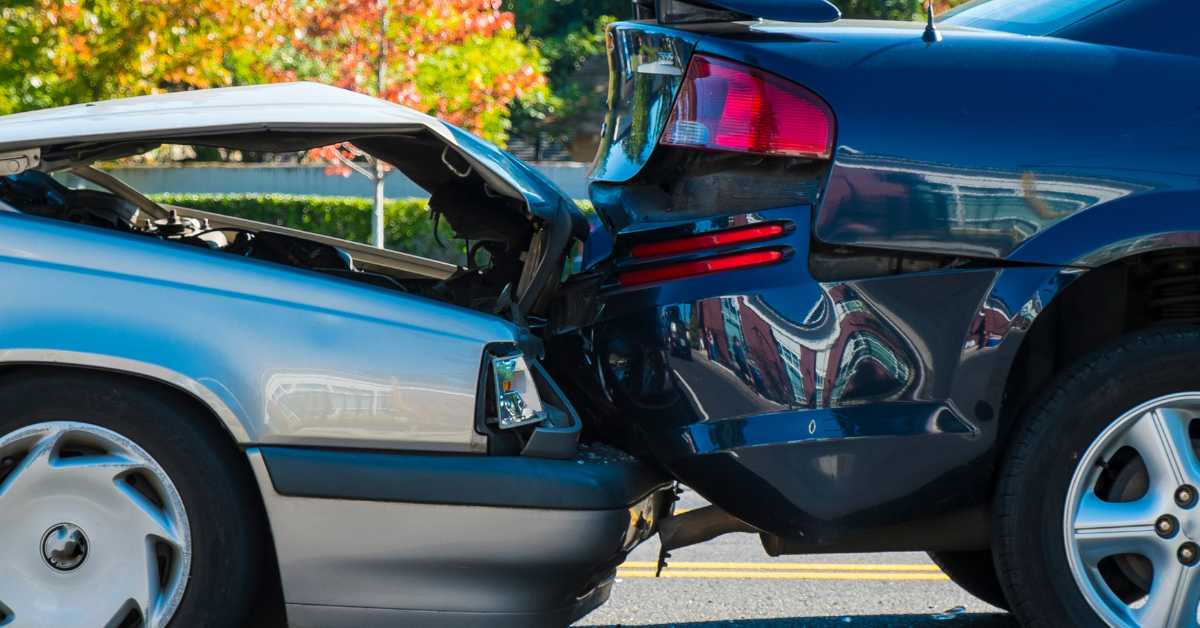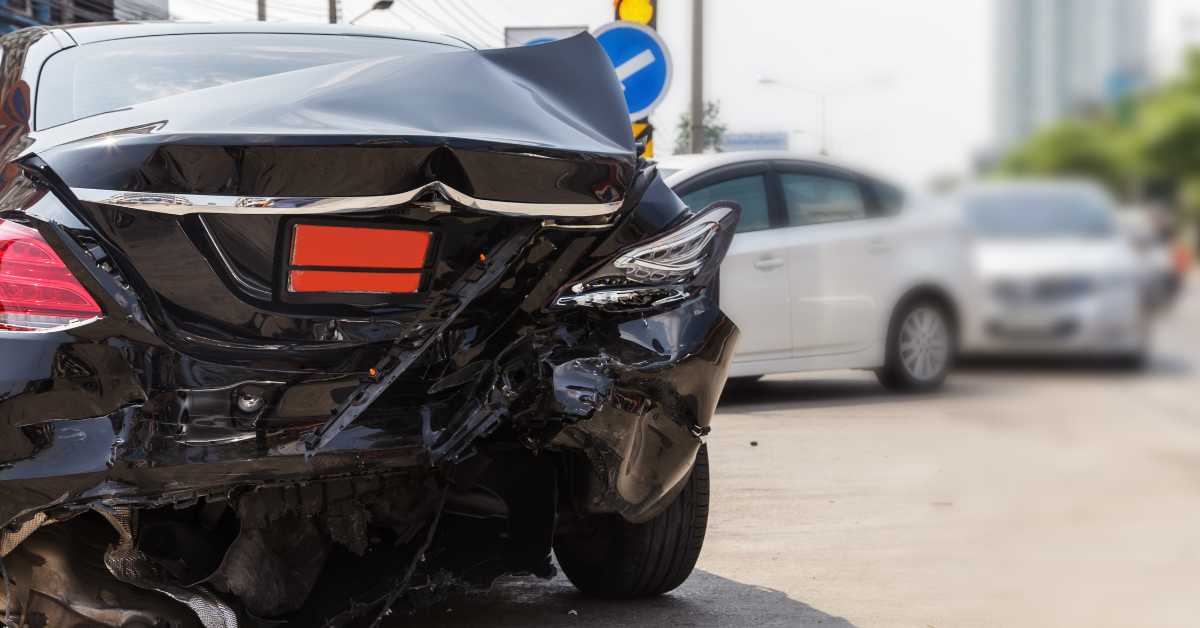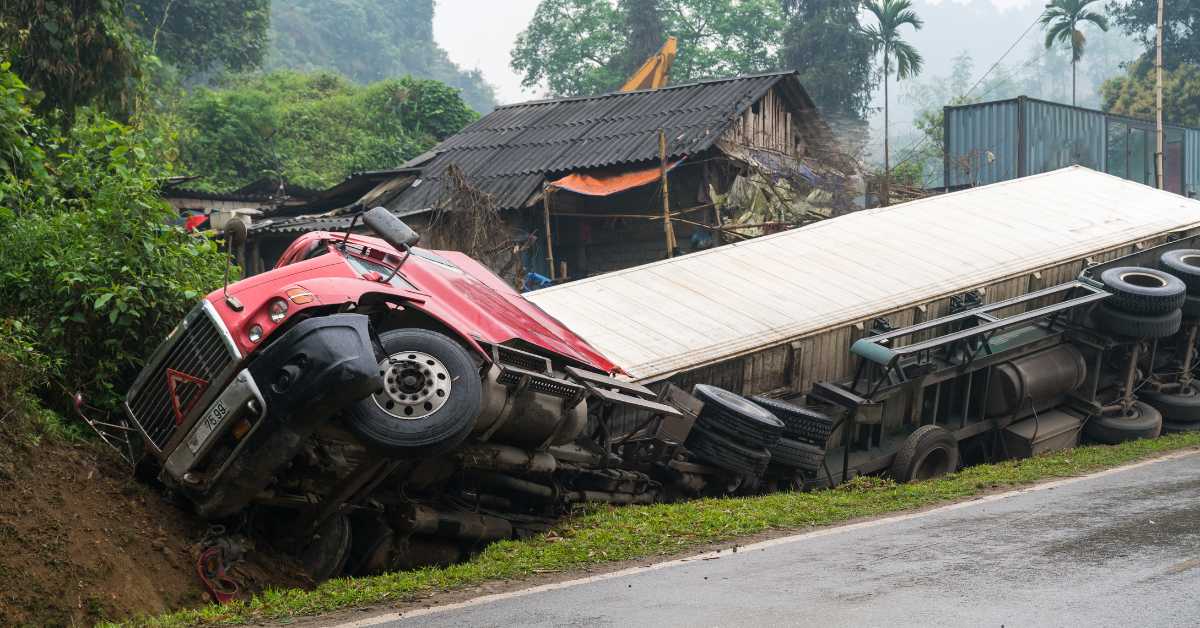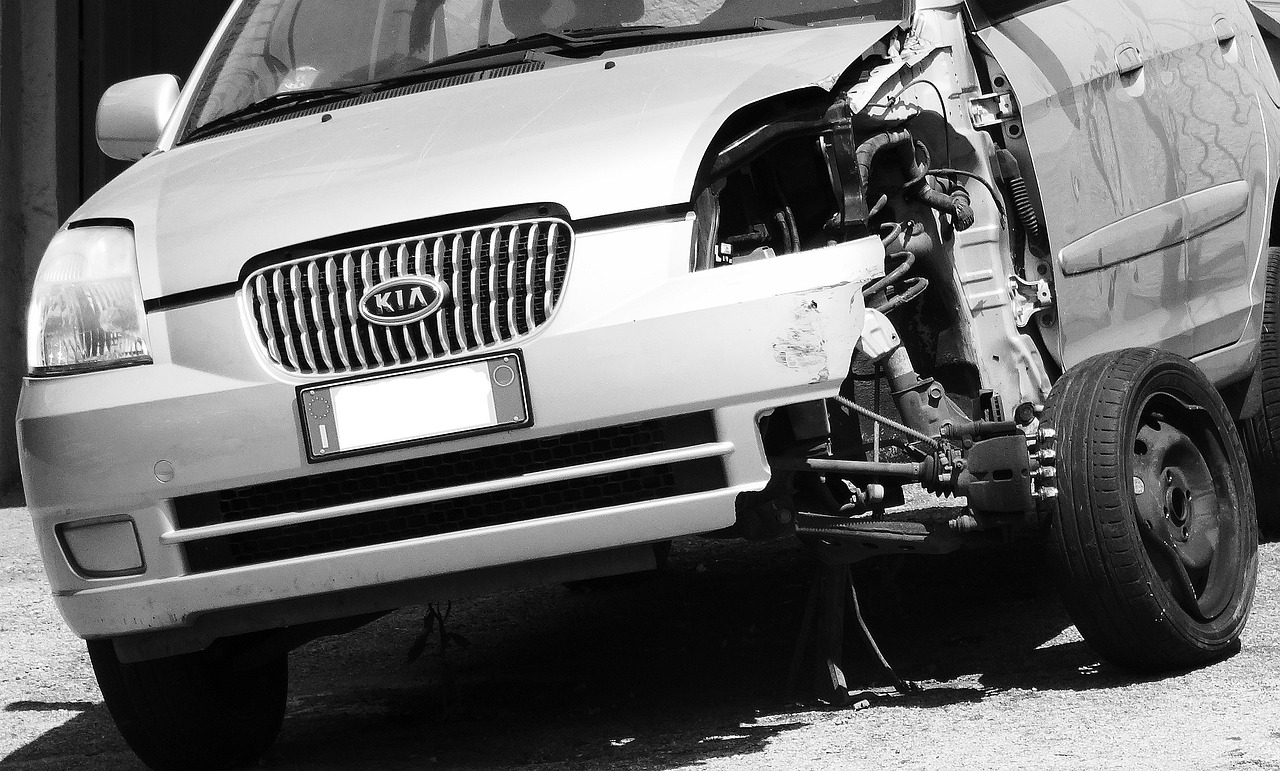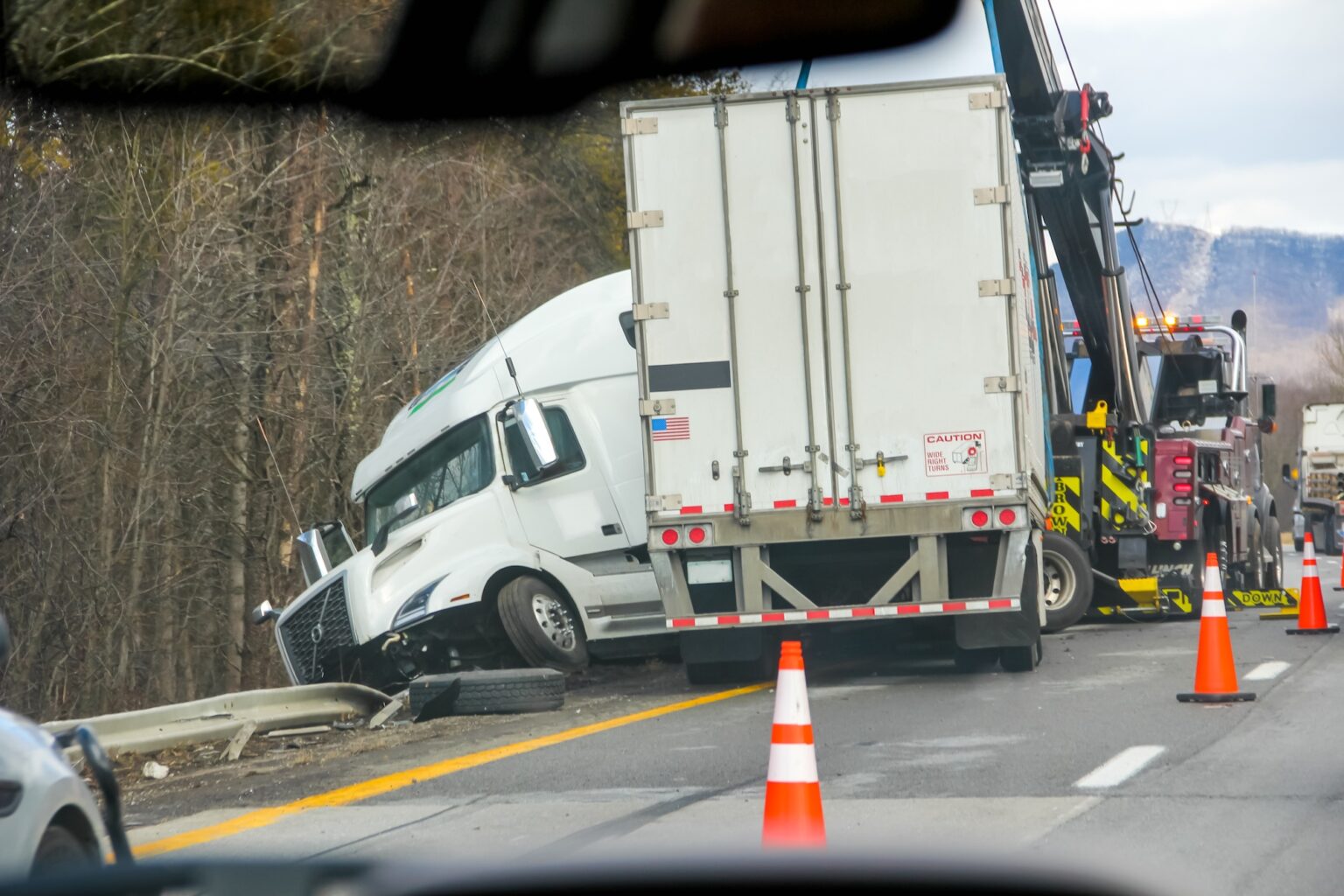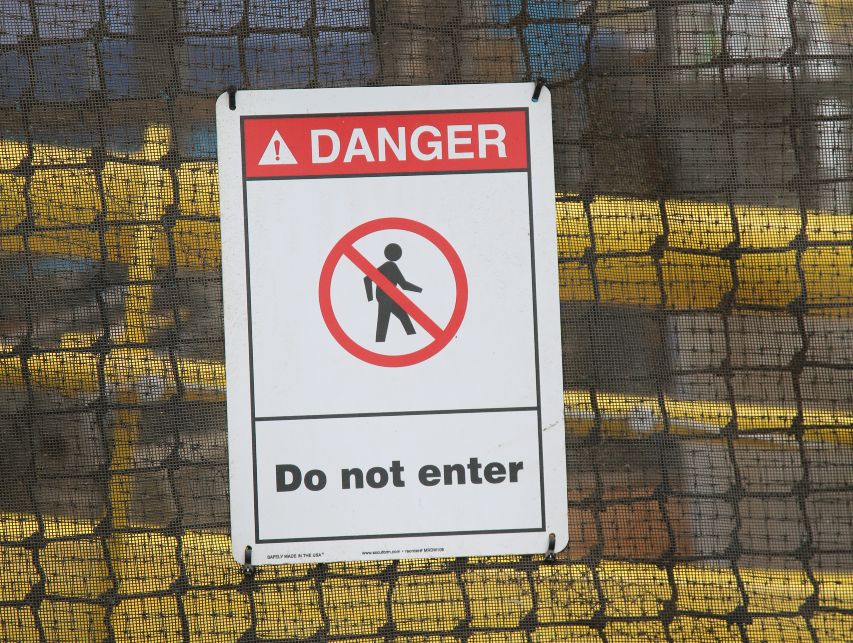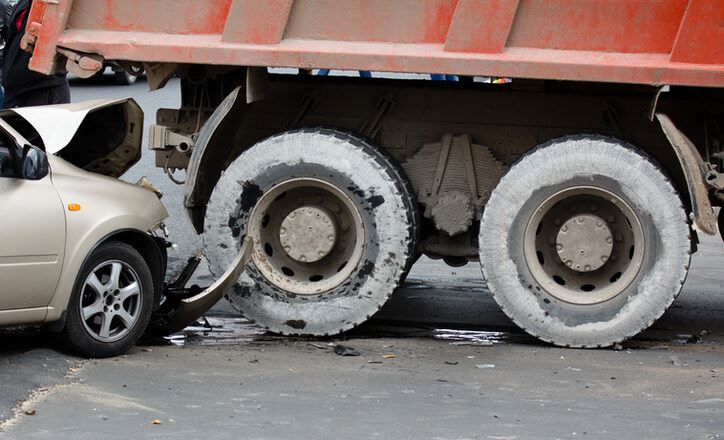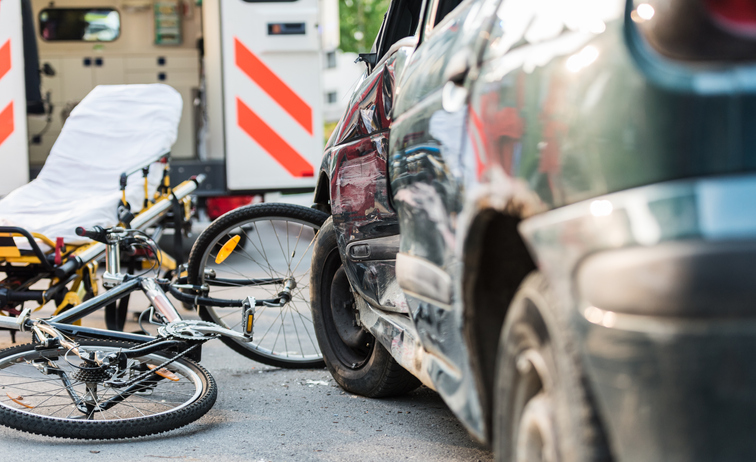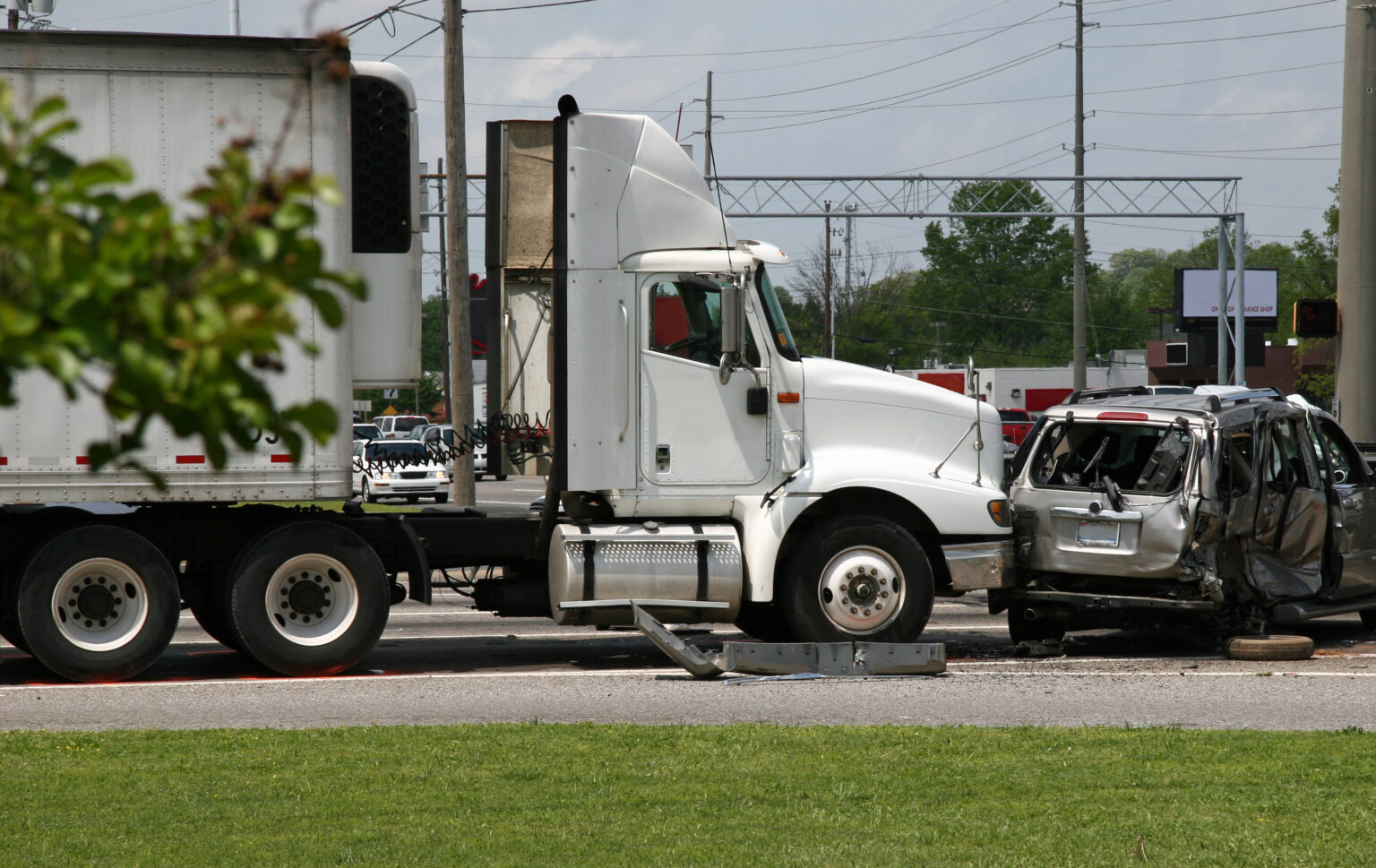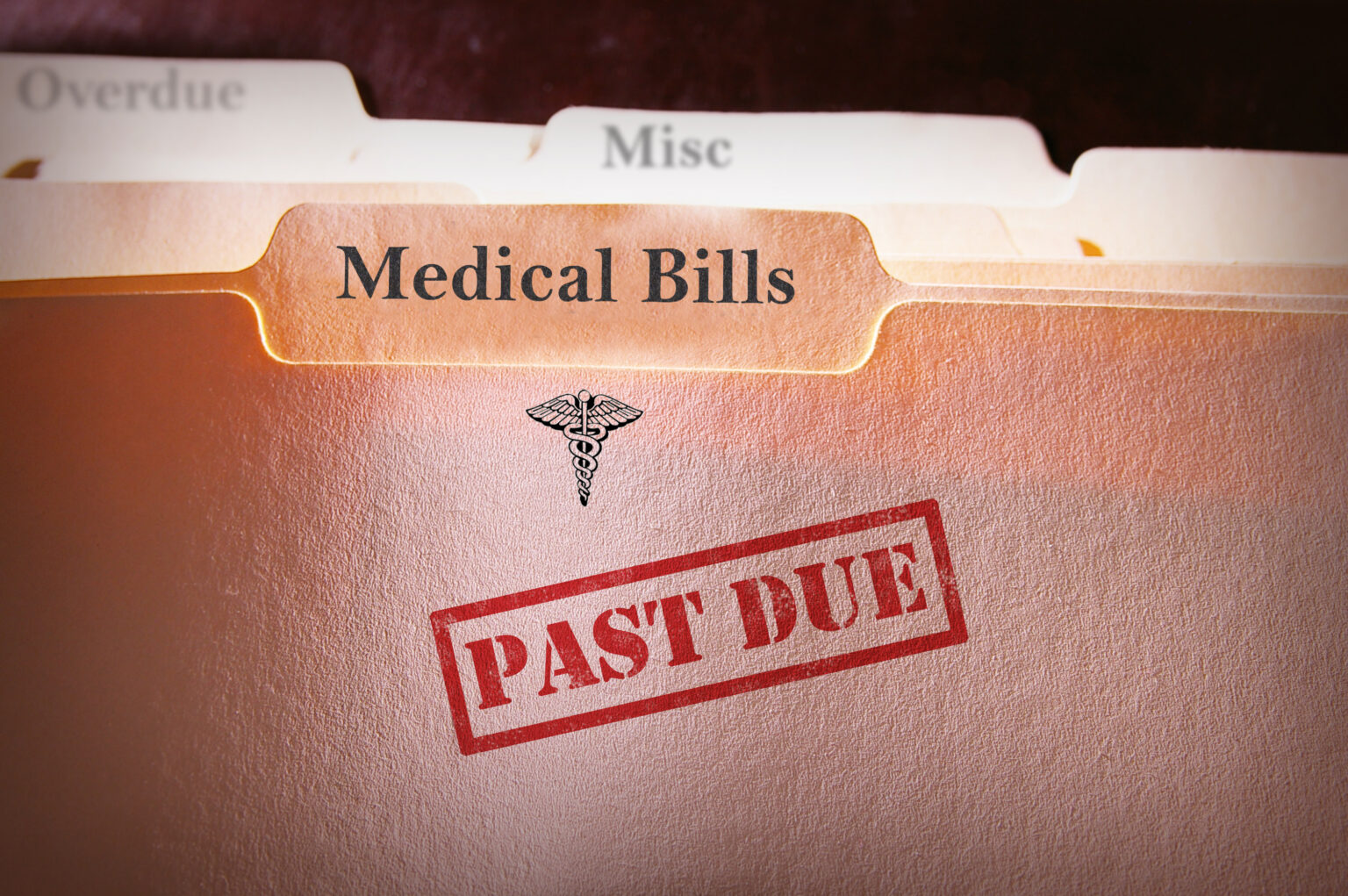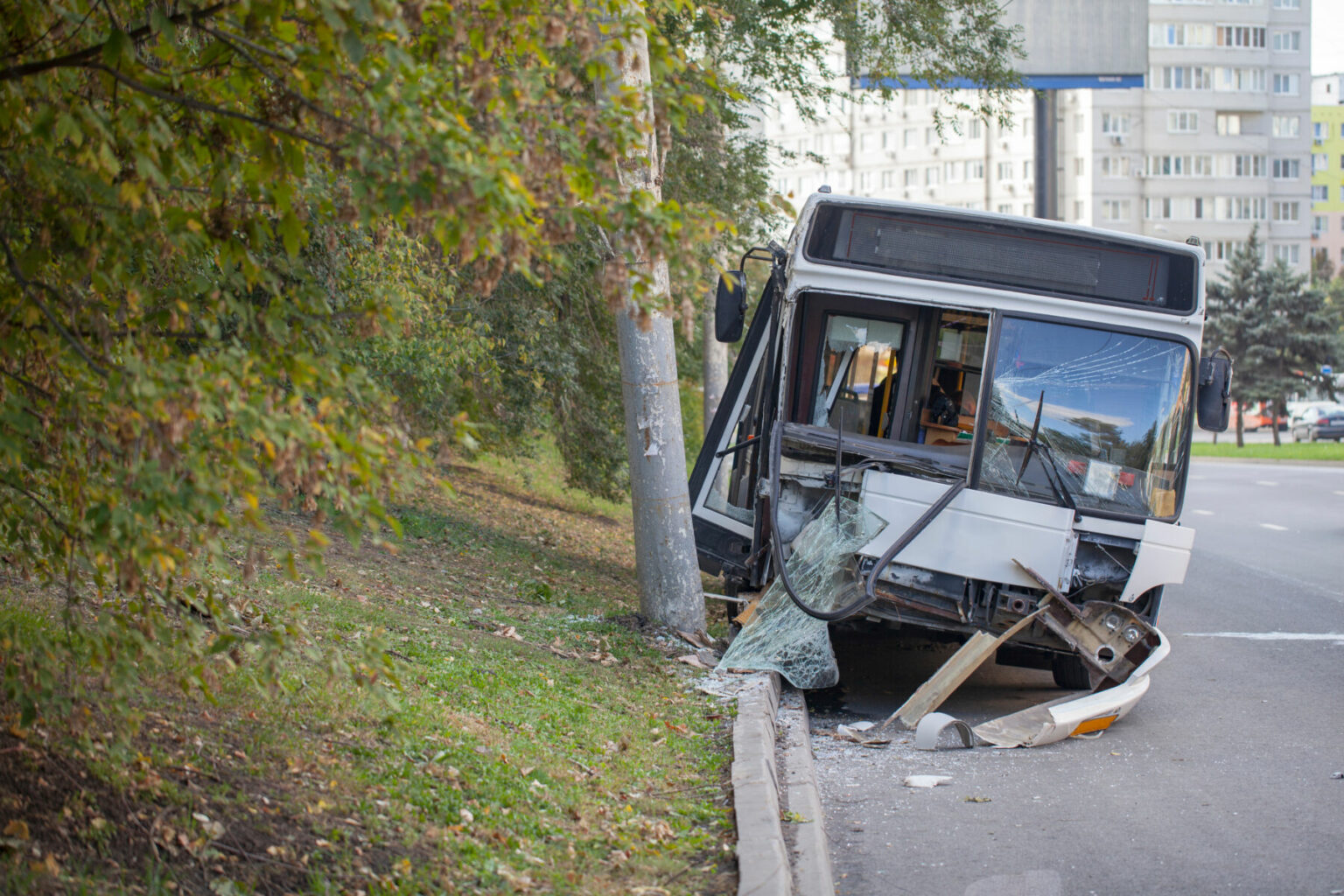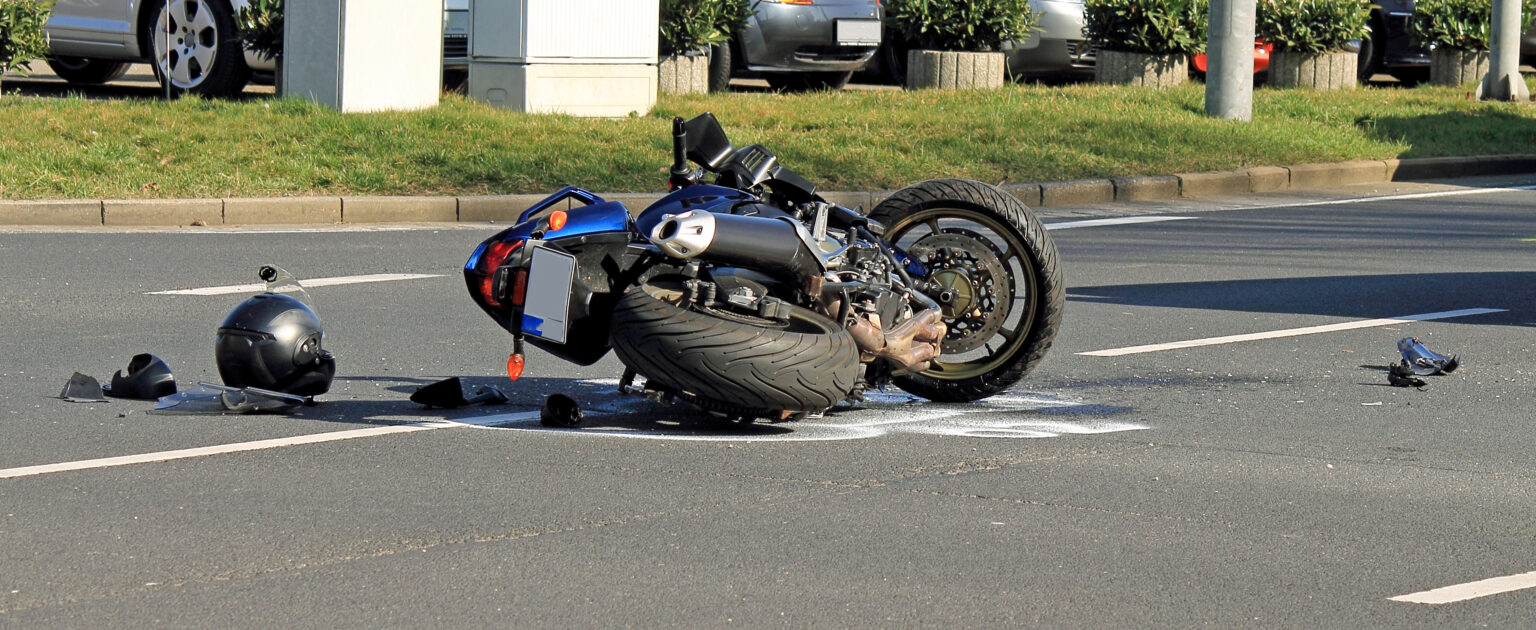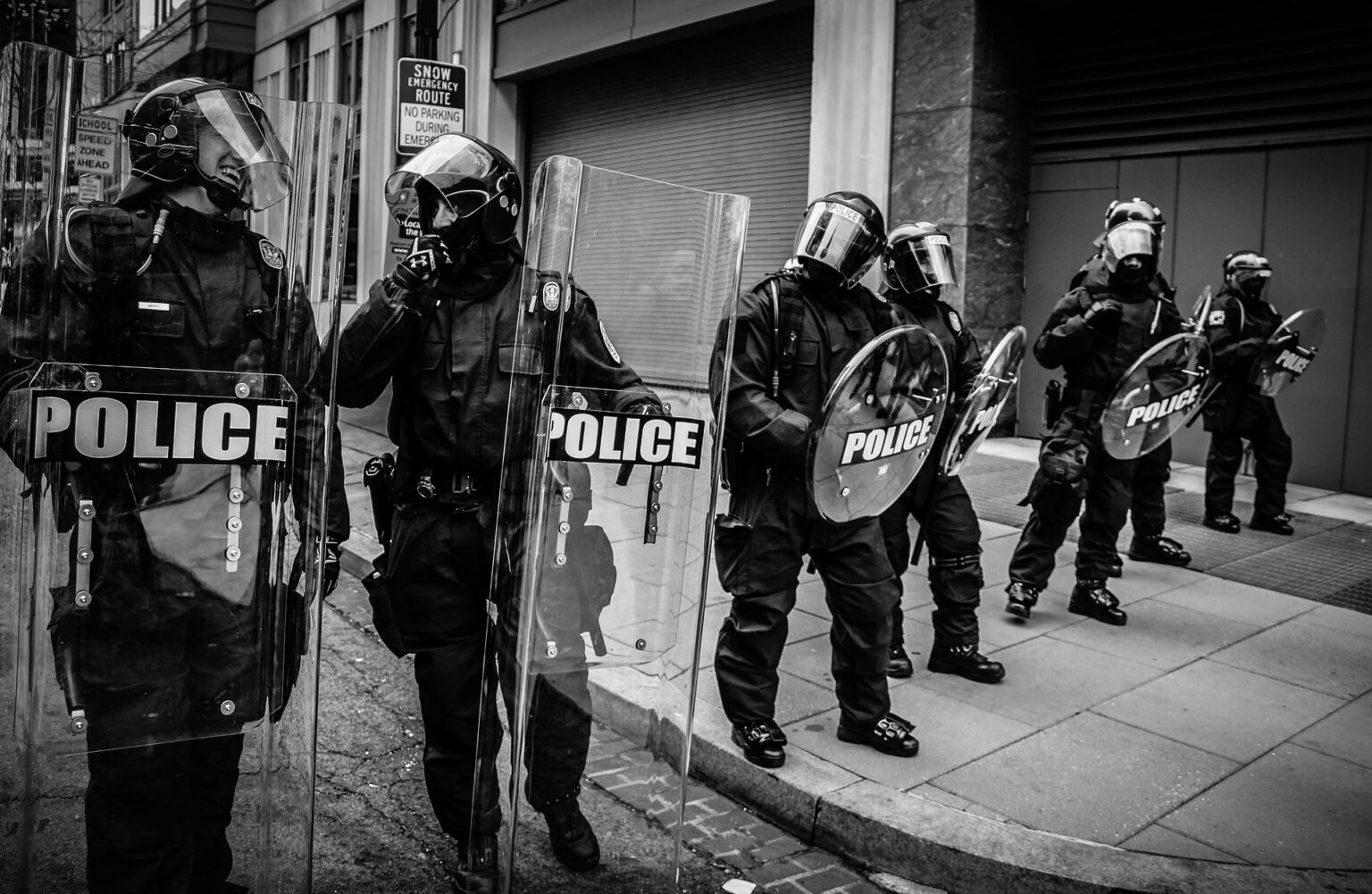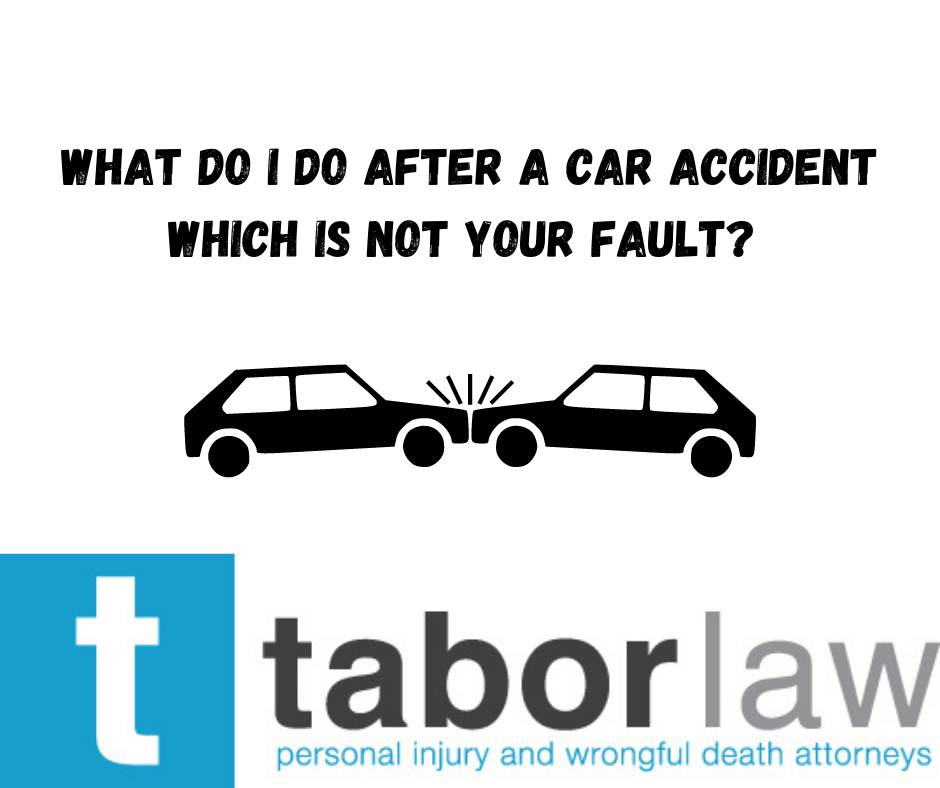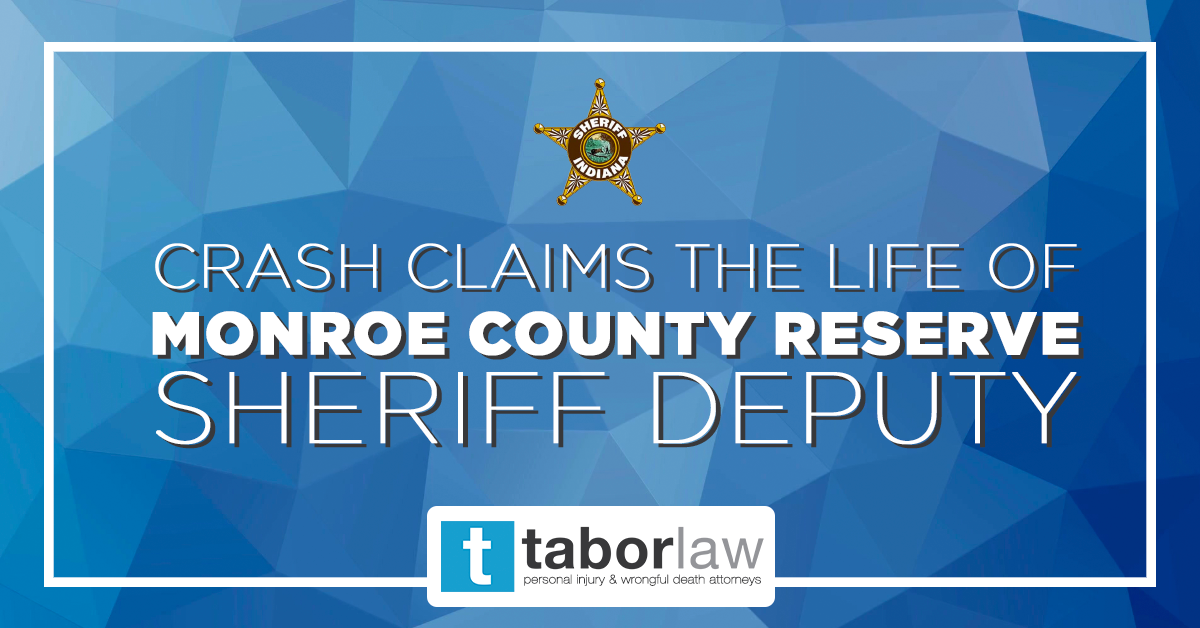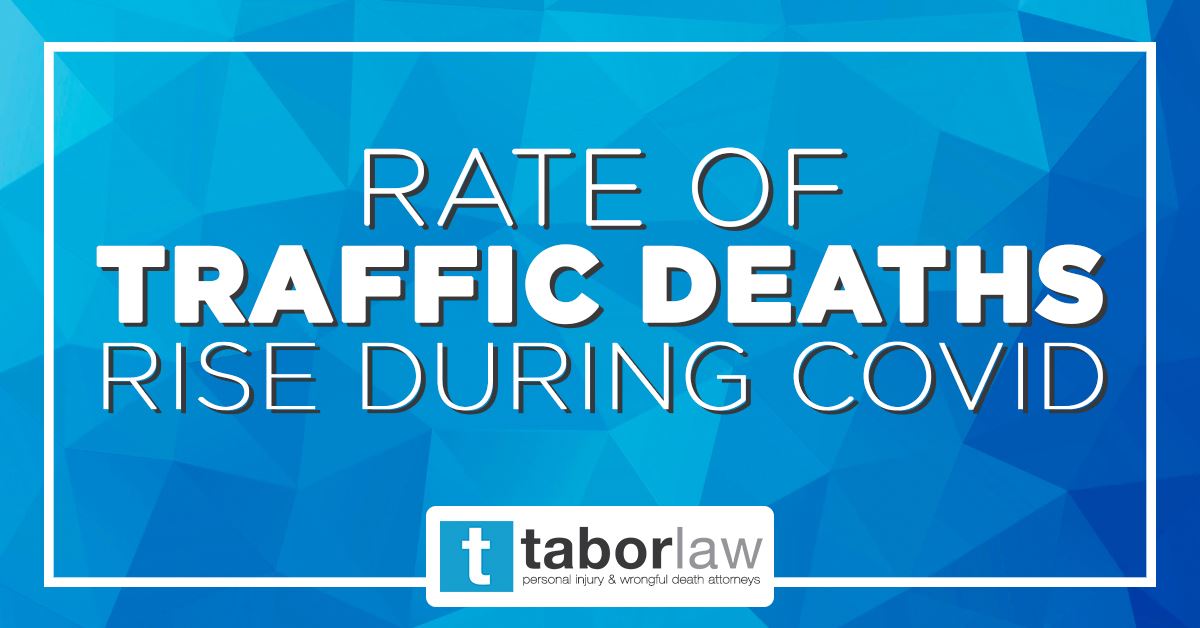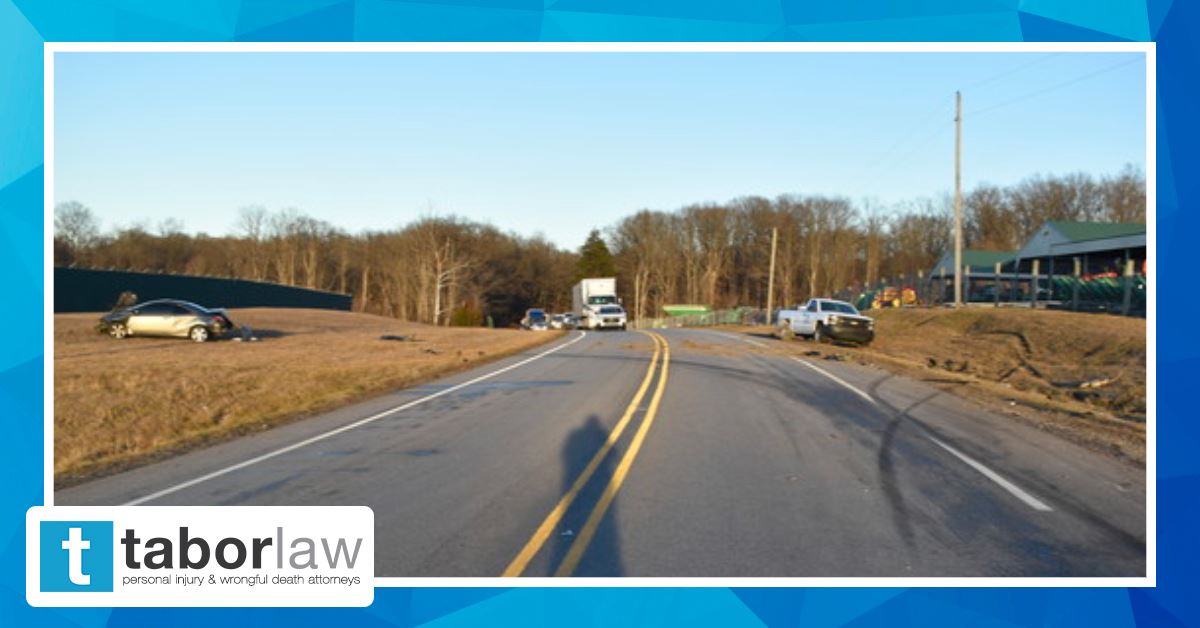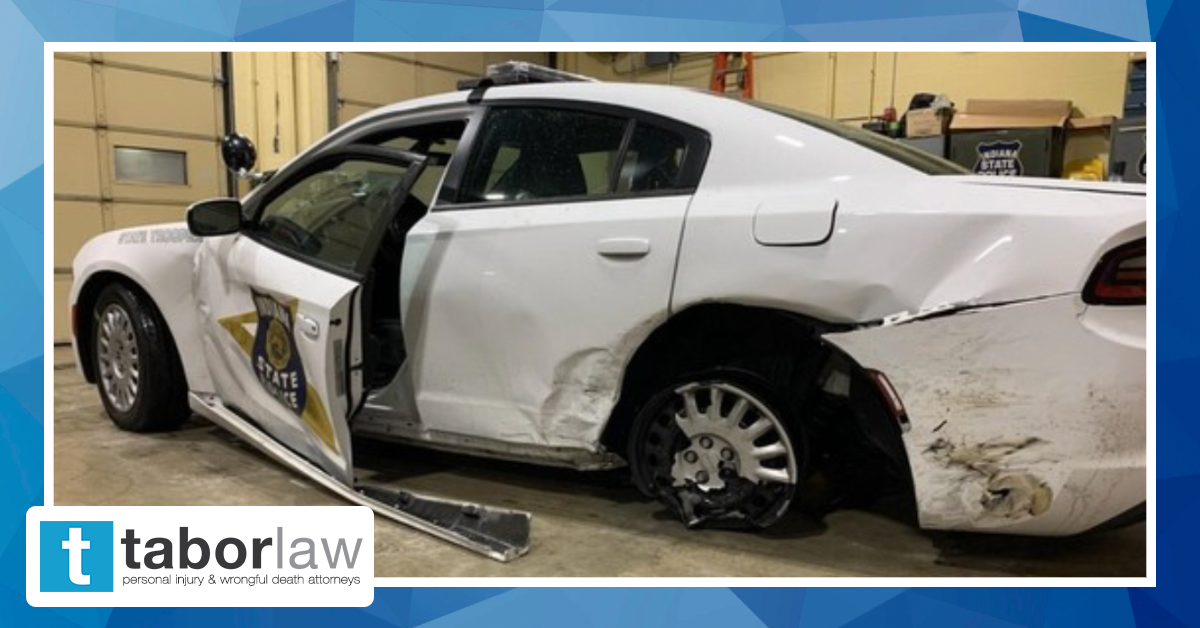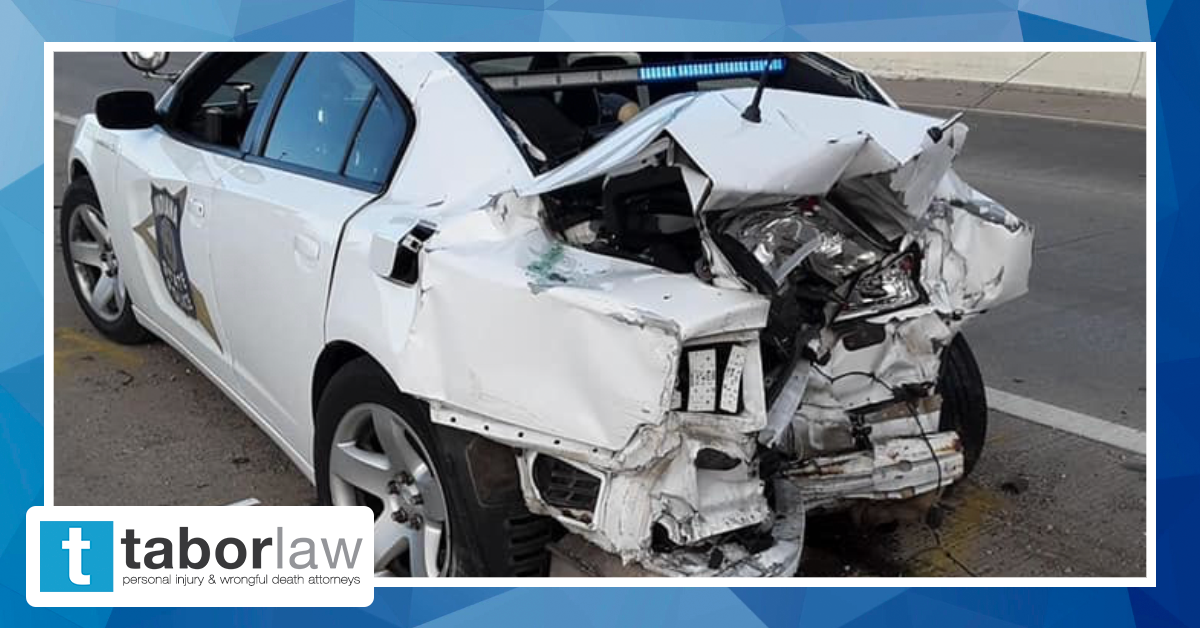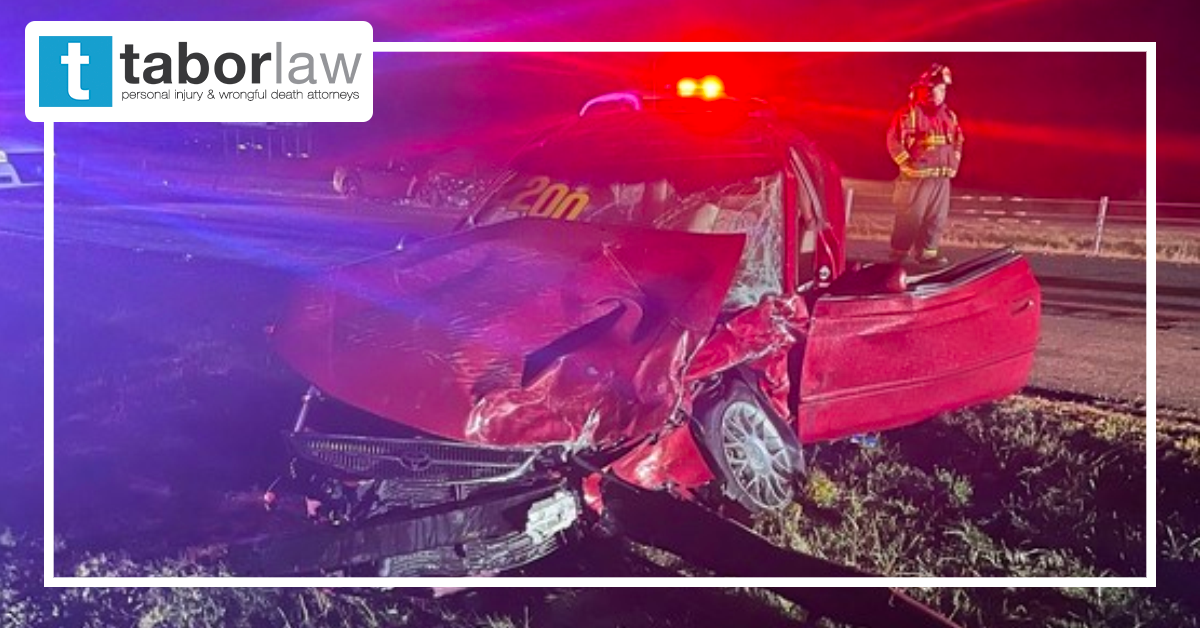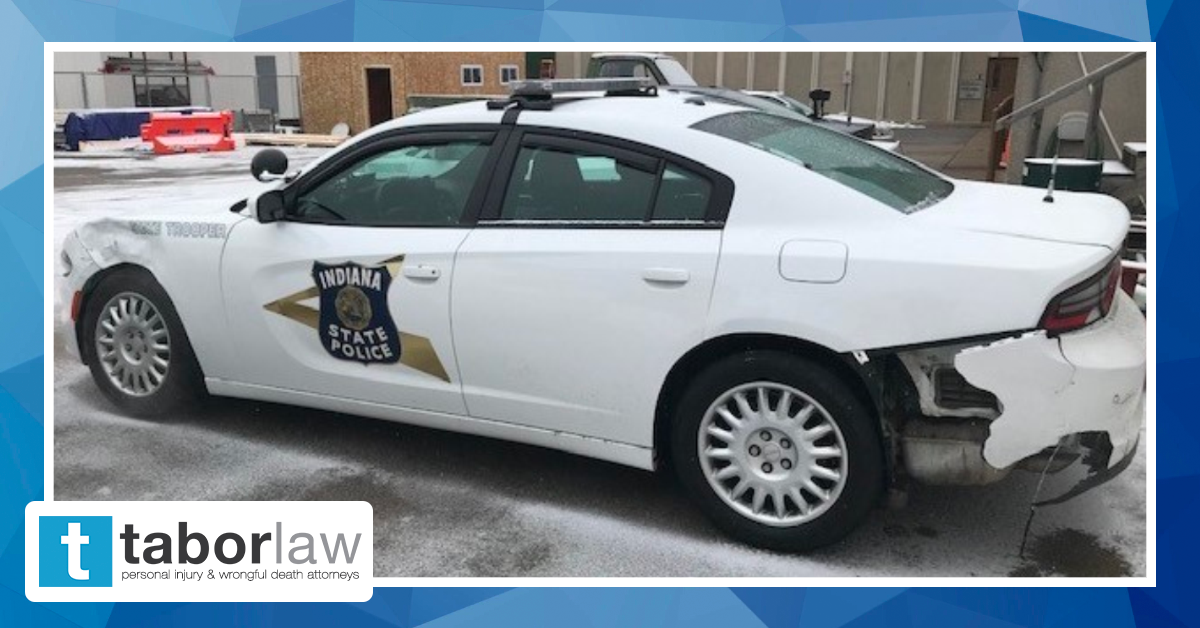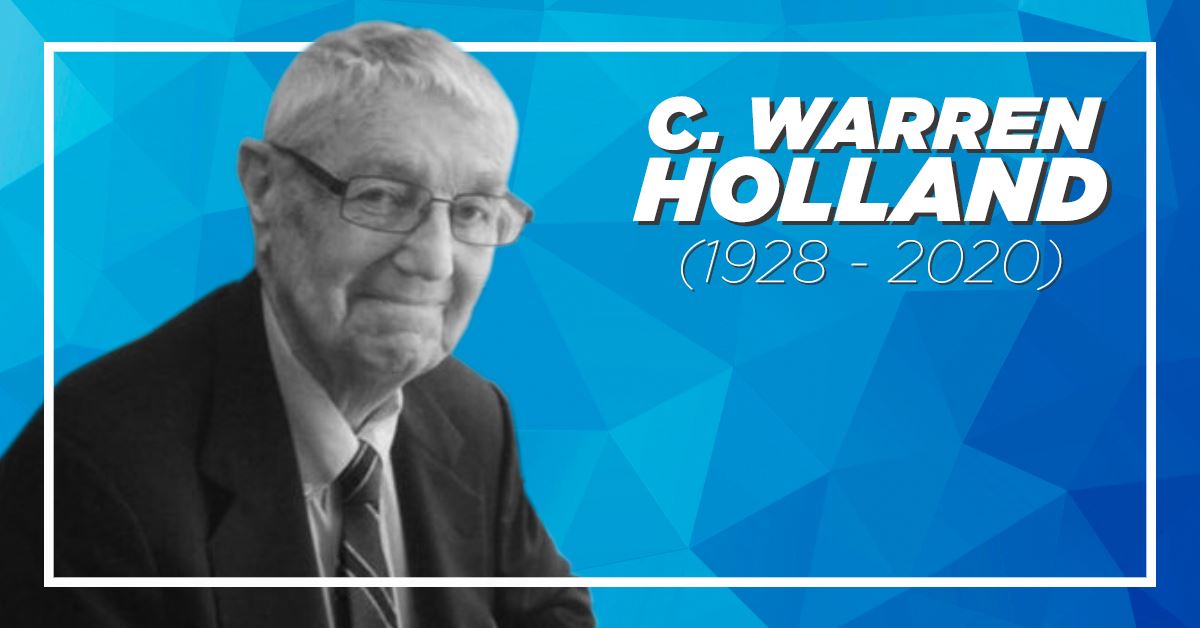When Does a Fatal Accident Become an Instance of Wrongful Death?

If a loved one has died at the hands of another, there can be a lot of
variation in what the court may charge the guilty individual with. It
can be confusing for the family of a lost loved one not to know whether
the guilty party should face murder charges or if the family should instead file a
wrongful death lawsuit.
What is wrongful death?
Family members of a deceased individual may sue an individual who, through
negligence, ended up killing someone. The family is often suing on behalf
of the deceased, who is not there to sue for negligence. When a case prevails,
the state compensates the family members accordingly due to the financial
toll a death takes.
Wrongful death cases can cover a broad range of accidents, including:
- Medical malpractice
- Drunk driving or reckless driving accidents
- Defective products
How is wrongful death different than murder?
A key part to understanding the difference between wrongful death and murder
is that it is a separate claim filed by the estate of the deceased individual.
These cases are civil in nature, as opposed to the criminal nature of
a murder charge. In Indiana, the statute of limitations states requires
that the estate of the deceased file a wrongful death claim no more than
two years of the death.
The law considers murder, on the other hand, a crime and the state files
the charges. However, the state and the victim’s family members
often come together to charge the guilty party for both murder and wrongful death.
For example, a drunk driver crashing into another person and killing them
could be charged with murder, due to the criminal nature of drunk driving.
That individual may also face a wrongful death lawsuit because, while
they did not necessarily have intent to kill, their negligence led to
the death of another individual.
Categories:
Related Blog

Pedestrian Safety in Downtown Indianapolis Has Become a Hot Topic. What Can You Do to Protect Yourself?

Bicycle Accidents are on the Rise in Indiana. What Can You Do to Prevent a Bicycle Accident?
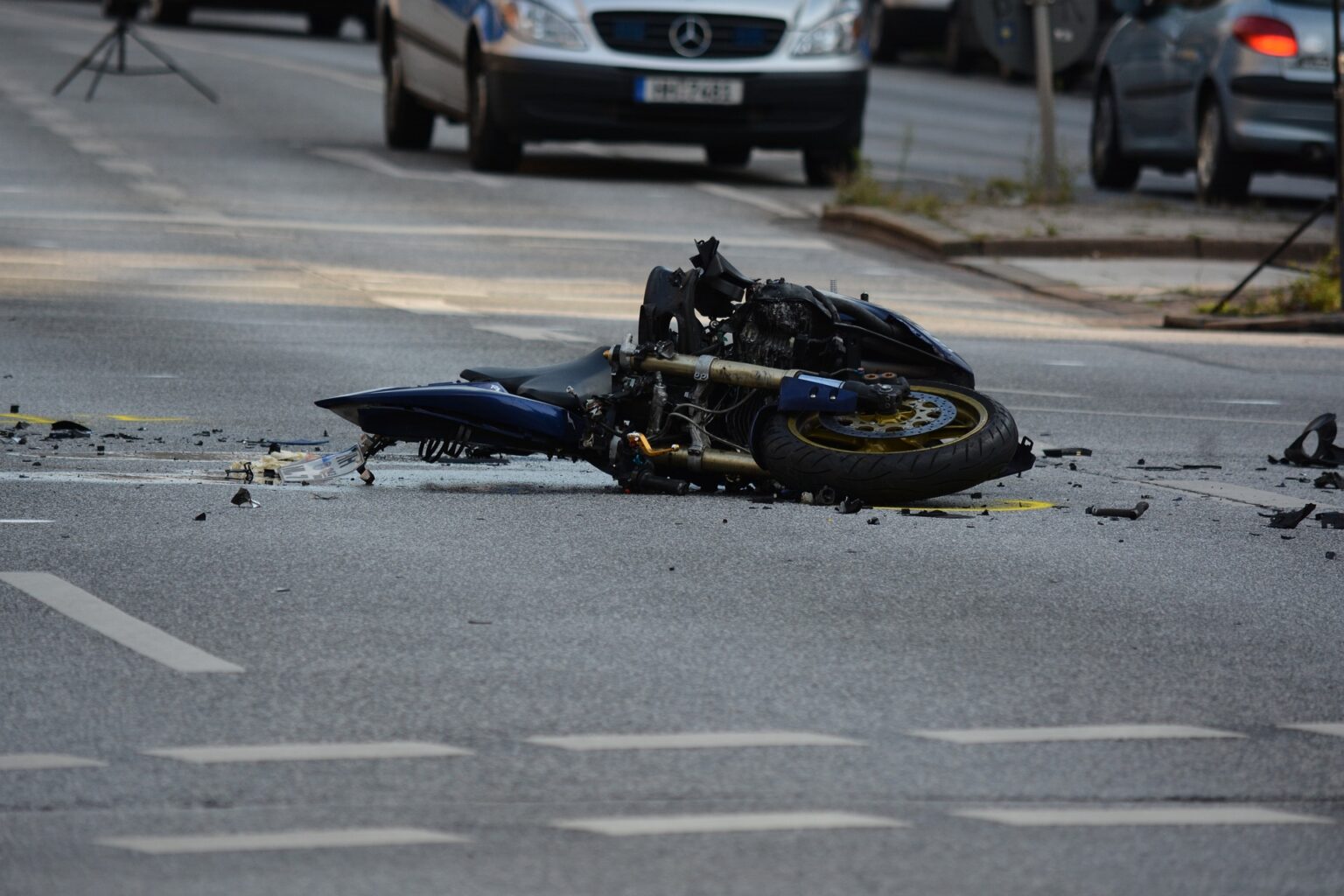
Understanding the Causes of Motorcycle Accidents in Indianapolis: An Analysis of Recent Data
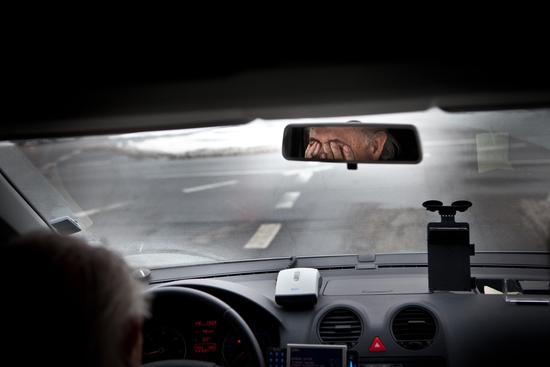
Indianapolis Drunk Driving Accidents and How to Handle them with a Personal Injury Attorney

Two Mothers & Two 12-year-old Daughters Killed in Crash While Headed to Volleyball Tournament

Jefferson County Sheriffs Searching for Hit & Run Driver Who Struck 10-year-old Bicyclist

